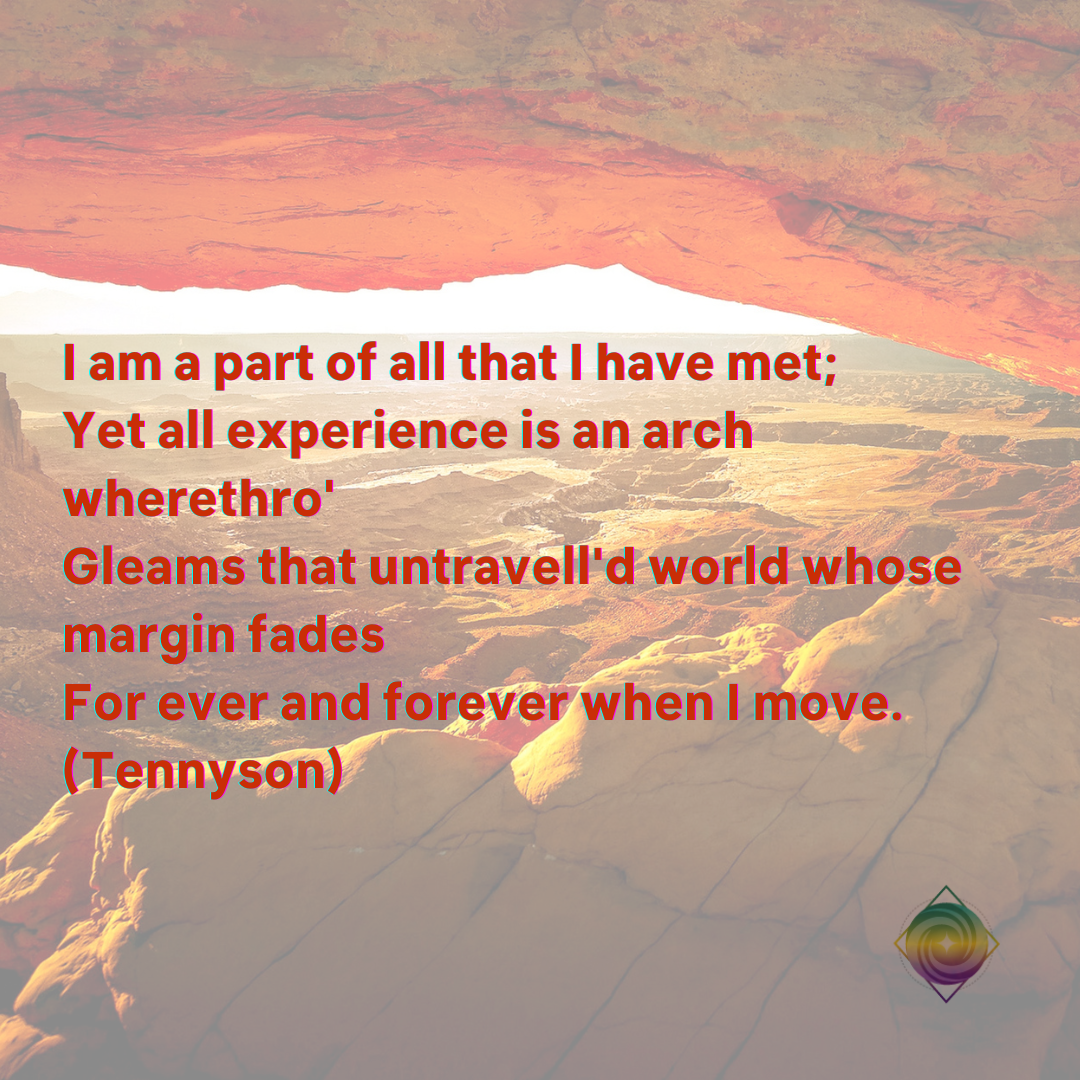For effective leadership, understanding our own worldview stands as a cornerstone skill. This isn’t just about fuzzy feelings and introspection—it’s about equipping ourselves with the tools needed to navigate the complexities of leadership with grace and insight.
Cindy Wigglesworth, a leading voice in Spiritual Intelligence, emphasizes the importance of developing an awareness of our own worldview. As obvious as that sounds, many people bump around life and leadership not even knowing or recognizing that they have a worldview.
Worldviews and Unconcious Bias
I was surprised in conversation with a senior leader that she was unfamiliar with the idea of unconscious bias. When executive leaders do not realize they may have unconscious bias, organizations are in trouble.
Our worldview is shaped by everything we encounter including our geography, parents, siblings, culture, religion, faith, spirituality, economic circumstances, lack, abundance, ethnicity, friends, and experiences whether amazing our traumatic. Many people operate without realizing they have a certain lens on the world. Much of our worldview maybe positive in helping us navigate the world but if we don’t recognize that every worldview has it limits we cannot be effective in relationships, work, leadership or as a positive societal contributor.
Our worldview is our GPS for our decision-making process but if the maps in the GPS are not updated from time to time it can take us down dead-end roads or over a cliff. (I advise people on Spiritual Intelligence (SQ), a set of 21 skills for transformational leadership and life. SQ goes above and beyond IQ (cognitive intelligence).and EQ (emotional intelligence) to completely update our internal operating systems so our approach in the world is much more present and conscious. Understanding our worldview is one step in the process.)
Have you ever watched someone doing the same thing over and over, insisting on being right even though it was not working? It is the same as putting your foot on the gas and staring at the speedometer without looking over the dashboard or in the rearview mirror. You will get some where fast and then crash and burn causing potential damage to yourself or others. Or else – you will just get stuck – and there you will stay. It is especially dangerous and difficult if you only surround yourself with people who have an identical worldview.
We need to be intentional to be aware.
Our worldview comes so naturally to us that it is hard to recognize. It is like having tinted lenses on and we look at everything in the world through those lenses.
Limits and Benefits in Our Worldview
We may have special insights through our unique worldview. Parts of our worldview may be an asset – a way we can bring our gifts to the world. But if we can’t look both inward to become aware of what we believe and why we believe it, as well as look outward to explore how others see the world, we will eventually hit a wall. If we can’t put on different lenses from time to time to see ourselves, and others, we will miss effective new ways we can be and contribute.
I once wrote this:
“Once you realize you don’t have to think exactly like everyone else thinks, you can think of a lot more thoughts than you ever thought you could.” (Kathy MacFarlane)
As I suggested earlier, Spiritual Intelligence is an upgraded operating system that amplifies or other intelligences such as EQ and IQ.
Understanding our own worldview is a critical step in developing Spiritual Intelligence. Cindy Wigglesworth describes spiritual intelligence as the ability to behave with wisdom and compassion while maintaining inner and outer peace regardless of the situation.
Wouldn’t it be fabulous if we could maintain that state more often?
If you want to learn more about how fostering spiritual intelligence can impact your life and work, click here. https://kathymacfarlane.com/spiritual-intelligence/
If you would like to talk about it contact me here. https://kathymacfarlane.com/contact/

